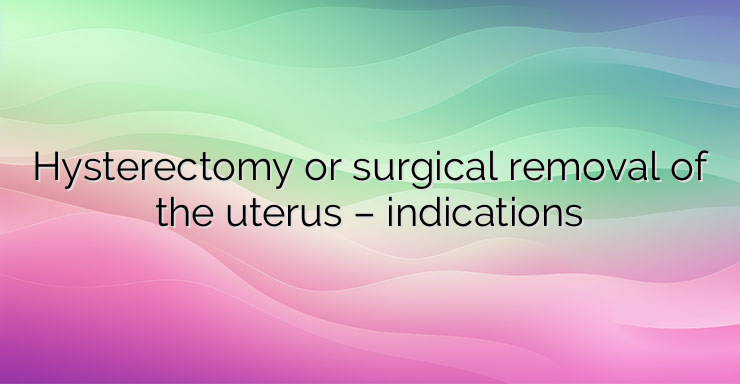Hey there, ever wondered what a hysterectomy really involves? Well, it’s basically the surgical removal of the uterus. The term itself comes from Greek, “hysterikos,” meaning “suffering of the uterus.” There are a few different types of hysterectomies depending on how much they take out. Sometimes it’s just the uterus, and sometimes they remove other nearby bits like the adnexa (that’s the part that includes the ovaries and fallopian tubes), parametrium, pelvic lymph nodes, and in some cases, even parts of the bladder, rectum, and ureters.
So, what are these types? If only the body of the uterus is removed, it’s called a supracervical hysterectomy. If they take out the whole shebang, including the cervix, that’s a total hysterectomy. They might also scoop out the adnexa, parametrium, and upper part of the vagina, which is known as a radical hysterectomy. In this type, they often check the nearby lymph nodes for any suspicious activity.
Now, why would someone need a hysterectomy? Well, there are a few reasons. It could be because of cancer in the uterus or cervix, ovarian cancer, troublesome fibroids, severe prolapse of the uterus, or endometriosis that just won’t quit. In really serious situations, like life-threatening bleeding during childbirth, it might be the only option to save a life.
Before the big day, the woman usually spends a day or two in the hospital getting checked out. Then, the surgery happens under general anesthesia, so she won’t feel a thing. As for the surgery itself, there are two main methods: abdominal and vaginal. The choice depends on the woman’s gynecological situation and what the doctor thinks is best.
Now, let’s talk technique. During a hysterectomy, they basically disconnect the uterus from the pelvic floor. Vaginal hysterectomies are often done laparoscopically, which means smaller incisions and quicker recovery time compared to the abdominal route.
But what about sex after a hysterectomy? Well, for a few weeks after the surgery, there might be some bleeding and the tissues need time to heal, so no action in the bedroom for a couple of months. If the ovaries are gone or menopause has already kicked in, hormone therapy might be needed to keep things comfortable down there. But don’t worry, most women find that their sexual experiences don’t change much after the surgery. Orgasms are still on the table, as the main pleasure spots are unaffected by the absence of a uterus.


Leave a Reply